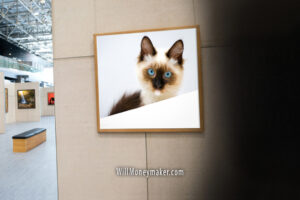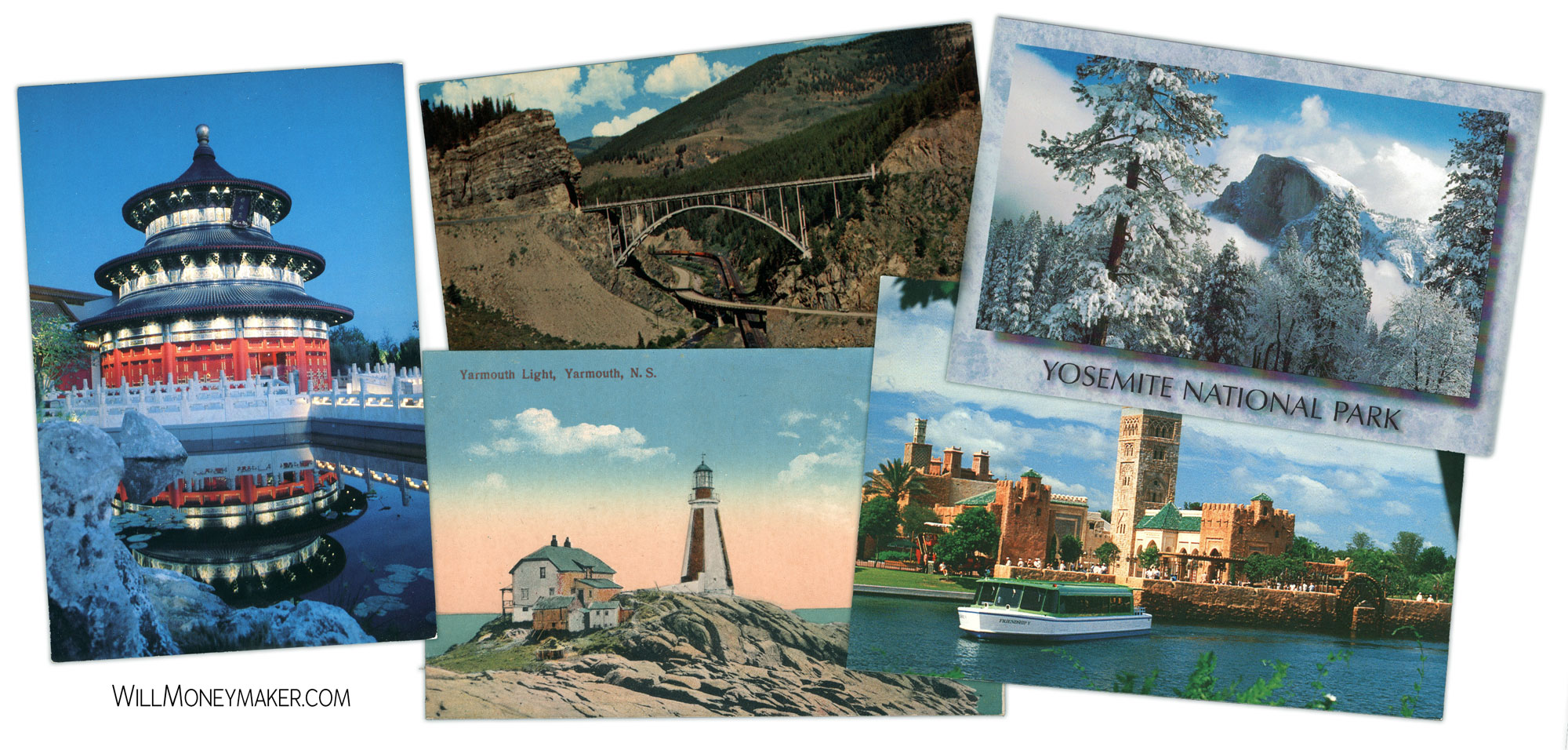What is “artspeak,” precisely? It's a kind of blanket term, one you've probably seen used to refer to other activities, the type of term where the prefix is interchangeable. You'll sometimes hear the terms “computer-speak” or “techspeak.” In a nutshell, these terms mean that people involved in the conversation are using language – technical terms and jargon – related to the field or area that the conversation is about.
“Artspeak” refers to the types of conversations in which people talk about their education, their achievements, technical items like cameras, and the mechanical operation of their equipment. These are all things that pertain to art-making but such conversations tend to be incomprehensible to outsiders not well versed in artspeak and these conversations also tend to only scratch the surface of art itself, rarely delving into deeper concepts like meaning, symbolism or other abstract things.
Of course, just because the average artspeak doesn't delve deeply into abstract concepts, that doesn't mean it isn't valuable in its own way. There are advantages to these types of conversations. Artspeak can be a great way to learn about mechanics and it is also a good way to network, to make new friends, business connections, to learn of upcoming events, classes, galleries, or other major things that you may be interested in. As such, this kind of conversation is worthwhile, sometimes.
However, artspeak comes with a major disadvantage, too. The problem with artspeak is that conversations among photographers have a habit of steering more towards jargon and less toward the deeper concepts hidden within art. Why? Because of jargon, mechanics, credentials – these things are all easier to speak about. The conversation, while it may be informative, is largely devoid of deeper meaning. Though you may come away with a few new phone numbers, perhaps some new gear that you'd like to check out, you don't come away with new ideas, new sources of inspiration, new ways to expand on your creativity.
Moreover, there is a good reason why conversations among photographers are often mechanical in nature. With the sharing of ideas comes to a certain vulnerability. Some creatives have no qualms at all sharing their ideas and deeper thoughts. But for the rest of us, we're inclined to talk about less dangerous topics because that sharing of ideas leaves us feeling like we are open to attack, to criticism, to others forming opinions about us and our work that aren't necessarily positive.
If you've ever thought about sharing an idea and then thought to yourself, “What if no one likes my idea?”, then you know exactly the kind of vulnerability that I'm talking about.
The more meaningful conversations are the ones in which thoughts and ideas are traded freely, without shame, without fear of criticism. It is a conversation that expands your mind and your creativity – and the minds and creativity of everyone who is participating.
So how do you avoid artspeak? To start with, avoiding such conversations isn't always necessary. There is value to trading basic information. But other times, you may be craving something more. In these situations, avoiding artspeak is sometimes a challenge but one that is possible to overcome. Here are a few of my thoughts on the matter.
Don't Be Afraid to Share
When you start to question the validity of your ideas and opinions, take a moment to remember this: Likely, everyone else in the room is thinking the same as you. “No one wants to hear my ideas,” or “I'm afraid that my ideas will come across poorly.” These are the types of thoughts that need to be banished in order to get into deeper discussions of art, ideas, and the meanings of those ideas. Show the world that you are unafraid of sharing and your actions may help bolster the confidence of those suffering the same fears.
Art has No Definition
Art is not a science. In the science of medicine, for instance, there most definitely are wrong ways to do things. There are wrong ideas that, if employed, could prove harmful to patients. Within art, there is no such thing – and yet, despite that lack of definition, the thought that perhaps your ideas are wrong or somehow detrimental is the biggest driving factor behind the vulnerability that artists feel when they share their personal thoughts.
If you find yourself struggling to overcome that sense of vulnerability, then remember that within art, there is no such thing as a wrong idea. The worst that can happen is the photograph doesn't turn out as nicely as you'd hoped. Which, in the grand scheme of things, isn't a major drawback at all. Whether you are fond of the final image or not, the creation of that image was still a valuable learning experience.
Don't Dominate the Conversation
While you may want to discuss things that would fall outside the realm of artspeak, keep in mind that conversations like this can't be steered, at least, not aggressively. You can initiate the sharing of concepts and ideas by sharing some of your own, assuming the occasion calls for it. However, this type of conversation should be a free-flowing thing, not something that is rigidly structured. Such a structure is detrimental to the group's creative efforts. Besides which, attempting to direct the conversation as you see fit will only alienate the other participants.
That free-flowing nature is, I think, the best part about a good, thoughtful talk about art. Like the art itself, you never know what the final product will look like until it is finished. Treat these philosophical discussions the same way. Go in unafraid to share your own ideas, with an open mind for the contributions of others, and most importantly, follow the flow of the conversation. You'll be surprised at the things you hear, what you learn, and the ways in which these things will inspire you.





